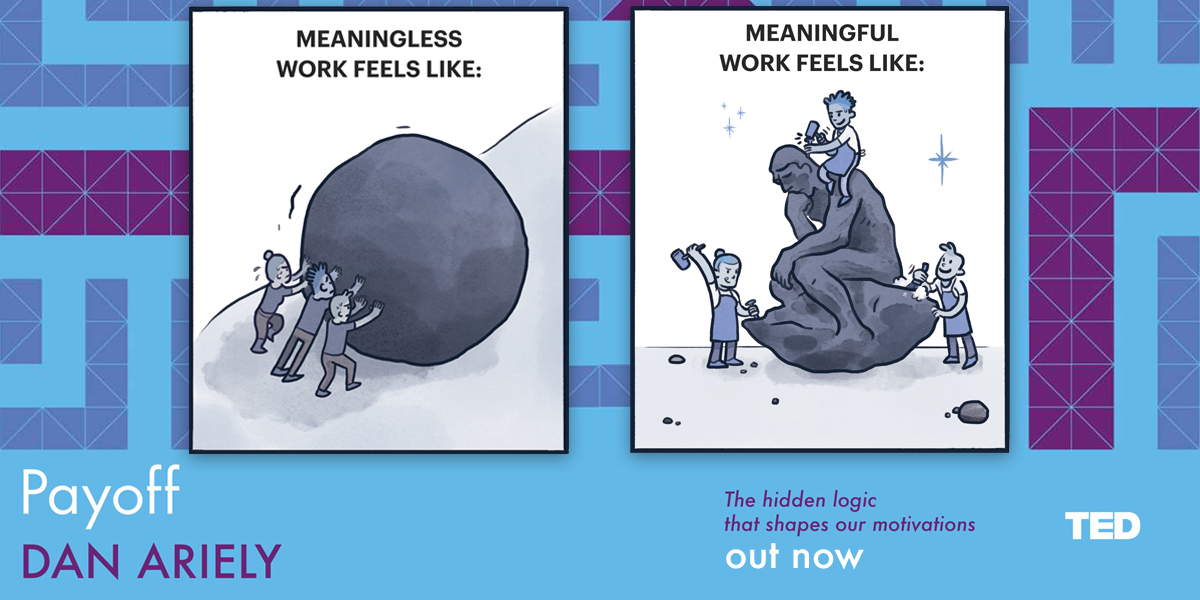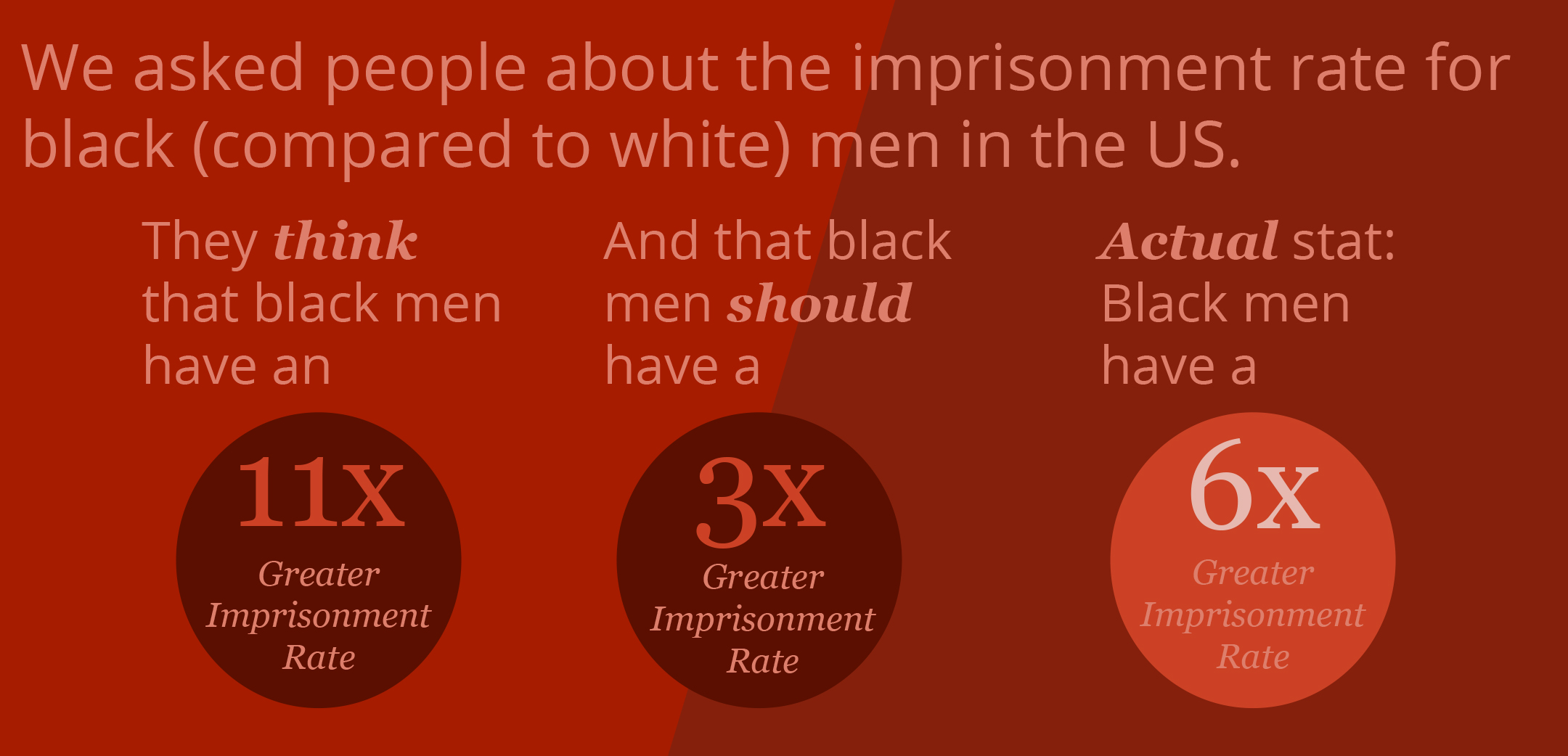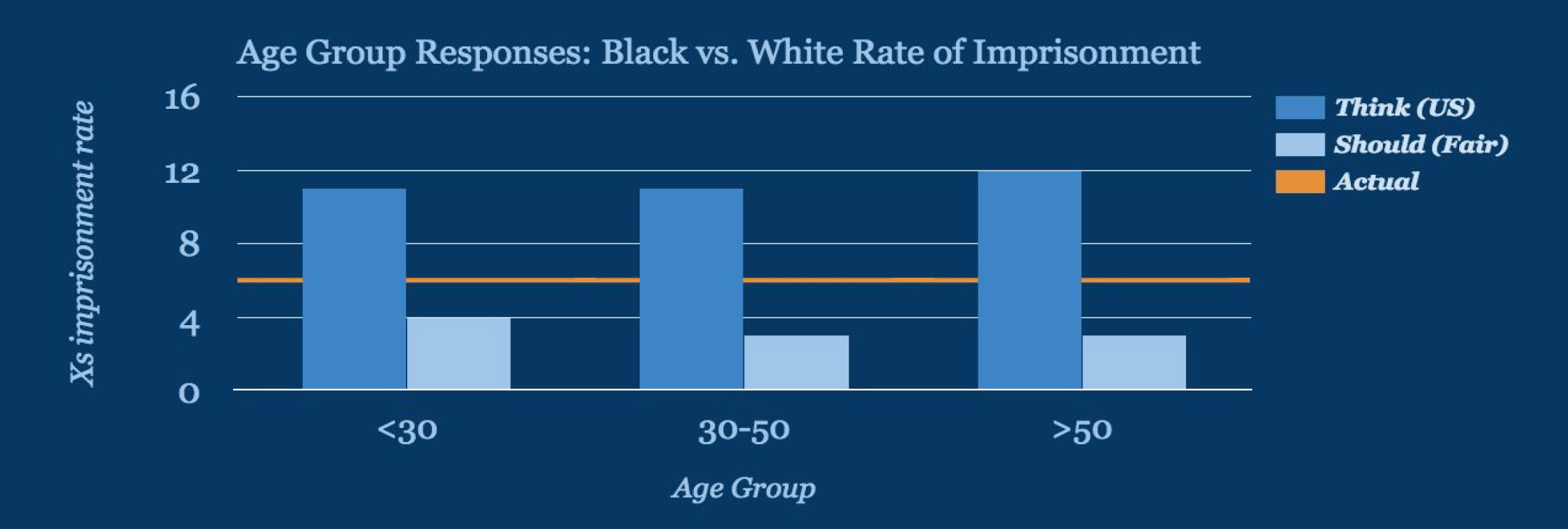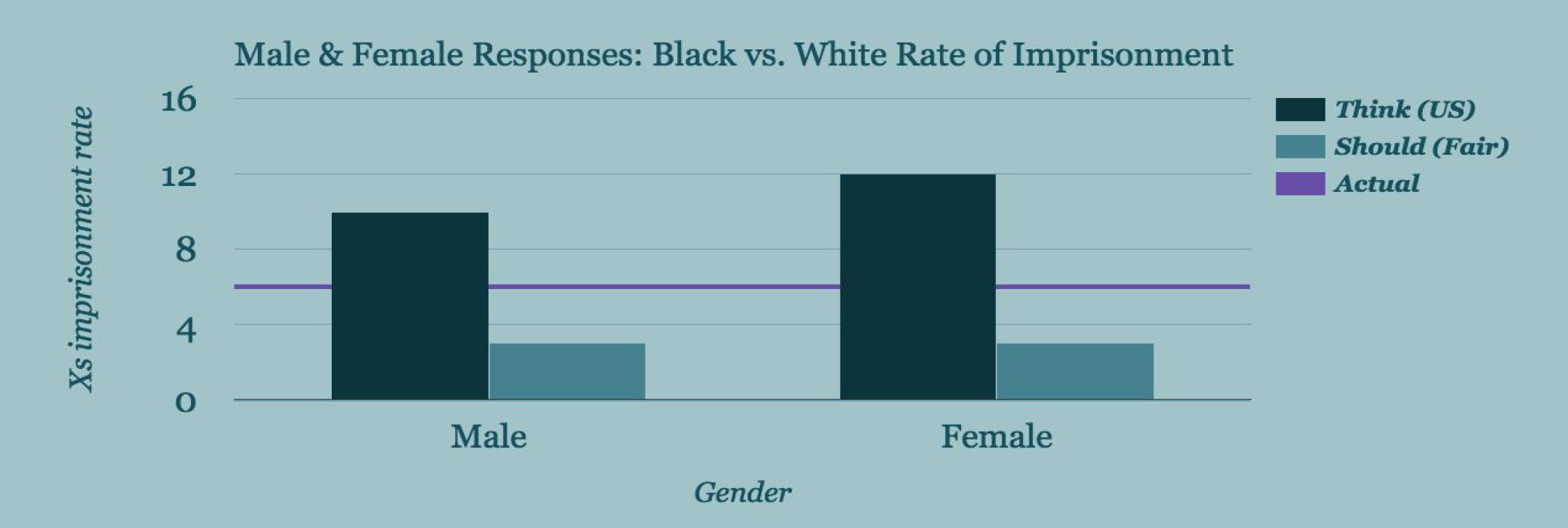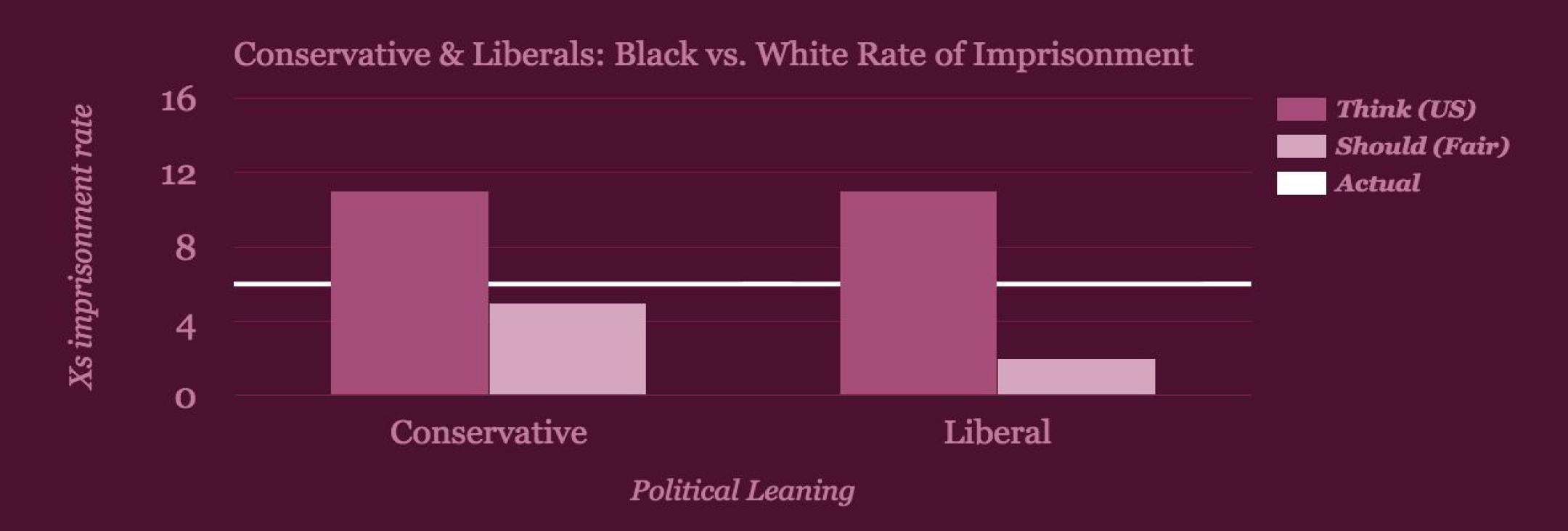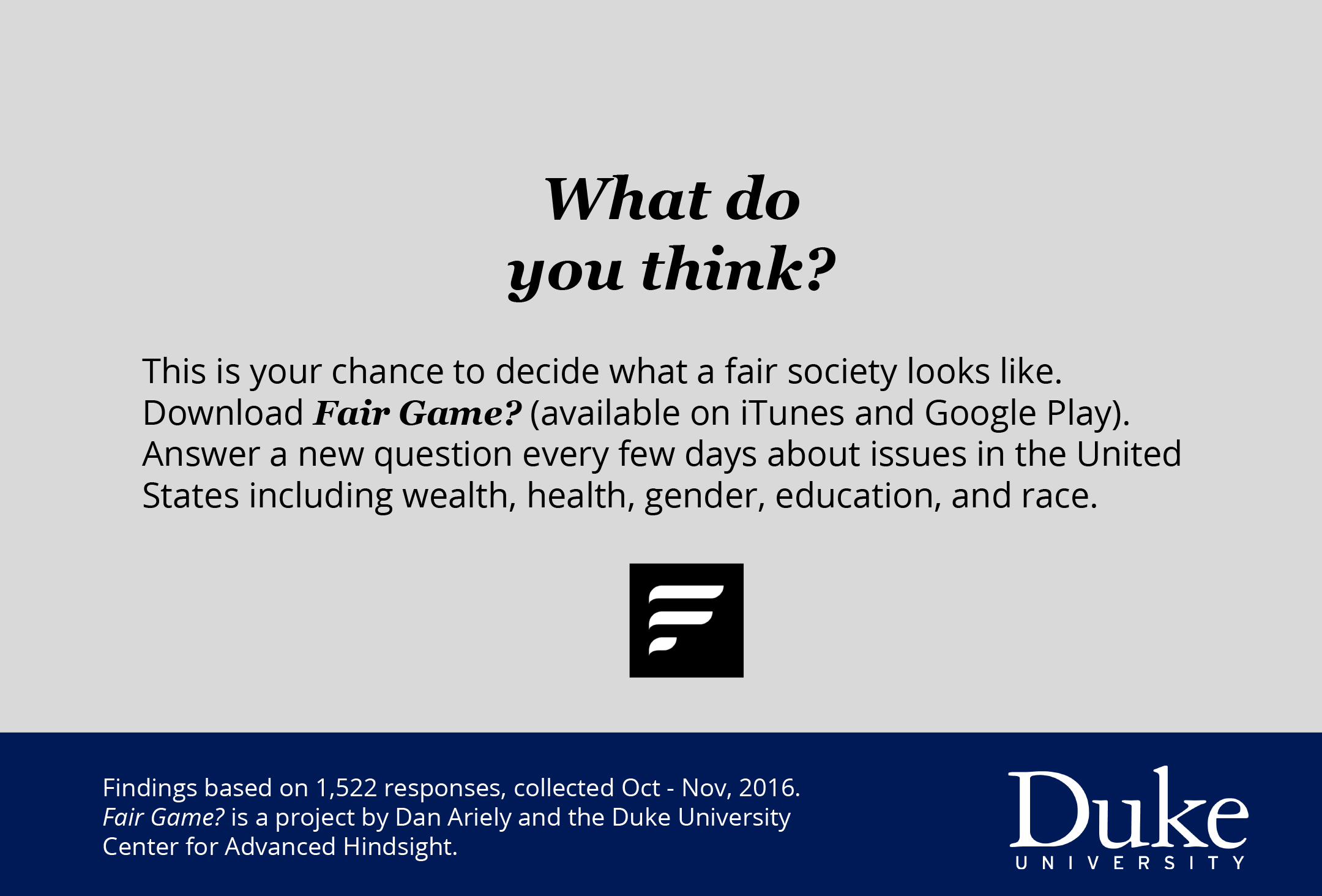Here’s my Q&A column from the WSJ this week — and if you have any questions for me, you can tweet them to @danariely with the hashtag #askariely, post a comment on my Ask Ariely Facebook page, or email them to AskAriely@wsj.com.
___________________________________________________
Dear Dan,
At night, I find myself procrastinating when I should go to bed. I stay up watching TV and, inevitably, wind up falling asleep on the couch and dragging myself to bed two hours later. How can I nudge myself to skip the TV phase and just go to sleep? (One obvious answer would be to put the TV in my bedroom, but I don’t have space for that.)
—Bram
Moving your TV into your room certainly won’t help you get a better night’s rest. Experts in “sleep hygiene” have shown that it’s best to associate the bed with sleep and romance and not with activities like reading or watching TV; exposure to screens before bedtime isn’t helpful either. Answering email, checking Twitter or watching Netflix in bed will mean that you’ll take more time to nod off and won’t sleep as soundly.
I would put your TV on a timer that goes off every night at, say, 10 p.m. Of course, you could override the timer, but it would still remind you that you had committed to go to bed then, and the extra work to override it might prevent you from falling back into your old habits.
If you want some extra motivation, look for someone who can hold you accountable. A firm partner would do fine, or you could ask a close friend to be your “sleep cop” and promise to send him or her a picture of you in pajamas every night at 10.
___________________________________________________
Dear Dan,
How should we deal with people who make a run on gas every time the supply is disrupted? We often hear that no significant shortages will occur if people keep up their normal patterns of consumption, but some people take news of a disruption as their cue to top off their tanks more frequently—thus contributing to the shortage and causing long lines. Is there any way to discourage this and restore some measure of order?
—Bo
When a resource is in limited supply, we are often willing to hurt the public good (by creating longer lines at the pump) for our individual advantage (by keeping our own tank full). This behavior is tempting if you view things in terms of your personal short-term gain, but of course, it is devastating for everyone in the long run.
Since it isn’t easy to get people to care about the collective at moments of scarcity, maybe we should ask ourselves how we can harness selfishness for good. We don’t need to influence everyone; even reducing the number of people who stock up on gas by 10% could make a big difference. So how can we get some people to be selfish in a more societally useful way?
One idea: What if people started asking their friends on Facebook to make a commitment not to refill their gas tank until it is less than a quarter full, and what if we “liked” such posts to praise their commitment to the common good? This kind of approach probably won’t sway everyone, but for some, it might replace one benefit (a full tank) with another (an enhanced reputation).
___________________________________________________
Dear Dan,
As the holiday season arrives, I have been weighing the joys of getting things for ourselves against the joys of helping others and giving them gifts. Are we happier when we do something nice for ourselves or for others?
—Jennifer
As Elizabeth Dunn and Michael Norton have shown in their book “Happy Money,” we often think that we maximize our happiness by indulging in a treat for ourselves, but our long-term happiness has more to do with the kindnesses we do for others. This is a fine season to start acting on that lesson.
See the original article in the Wall Street Journal here.
On November 15th, my TED book Payoff will be released. I shared the story with two artists, Brian and Jessica. Below is Brian’s artistic depiction of the story. I will post the art by Jessica in a few days.
If you read the introduction to the book, come back and look at this image. See how you feel about this depiction. For me, it captured a lot of my emotions and the complexity of the young boy’s experience. It helped me think differently about the story.
After reading the introduction to Payoff, come back to this and see what you think of these depictions. For me, they added extra richness, nuances, and even a bit more sadness.
Here’s my Q&A column from the WSJ this week — and if you have any questions for me, you can tweet them to @danariely with the hashtag #askariely, post a comment on my Ask Ariely Facebook page, or email them to AskAriely@wsj.com.
___________________________________________________
Dear Dan,
A European online retailer recently changed its delivery policy from offering multiple delivery times to offering free one-day delivery on all purchases. Before the change, one-day delivery was available but cost 10 euros. Is this retailer smart to shift to this quicker, cheaper delivery arrangement?
—Thilo
Many businesses are trying to deliver their wares more quickly, but it isn’t always a good idea. When we want something, we usually think that faster is better and now is ideal. But imagine that you had the choice of attending a concert by your favorite band either tonight or in two weeks. The vast majority of people would prefer to wait the two weeks. We recognize that the concert itself is only one part of the experience: Not only will the anticipation be fun, it also will help us to enjoy the performance more.
In the new delivery approach you describe, the retailer is basically forcing everyone to pay for faster shipping (the list price of your goods will necessarily include the cost of faster shipping) and forgo the joy of waiting. Neither is ideal, especially if your purchase happens to be an exciting treat rather than a dreary necessity. Many online retailers would do better to help their consumers savor the anticipation rather than deliver so quickly that we lose some of the fun of our purchase.
___________________________________________________
Dear Dan,
I’m attending graduate school in famously pricey New York City. I’ve been living with my husband in a small studio apartment, but a huge, gorgeous one-bedroom just opened up next door for my final year of school. Of course, this perfect apartment costs considerably more than we can afford; we would have to take out more loans to cover the extra rent.
So is the difference between $150,000 in student loans and $156,000 in loans (a 4% additional expense) significant enough for us to remain in our underwhelming apartment—or, down the road, will any concern we feel about the financial difference matter less than our excitement about our great new place?
—Andrew
The way we ask ourselves questions about spending money influences our answer. You could have asked whether this move is worth $6,000 or if it is worth the difference between $150,000 and $156,000—which, sensibly, keeps the focus on the absolute amount of $6,000. But your choice to frame the extra expense as a percentage difference suggests that you really want to move. And if you’re so eager to move that you are willing to distort your economic reality to feel better with the answer you want, maybe you should go for it.
___________________________________________________
Dear Dan,
What is the essence of what we perceive as beauty? And what would it be if you were in charge of such things?
—Sinclair
Our brain is largely attuned to changes, and that, I suspect, includes beauty. We often find beauty in shifts or transitions that are smooth but not too smooth: the way a melody changes, the arc of your beloved’s raised eyebrow, the imaginary line at the beach where the waves strike and retreat, the place where the mountains curve and the cliffs abruptly depart from the ocean.
But since you asked what I would want the definition of beauty to be—it would be slightly balding, slightly chubby, middle-aged university professors.
See the original article in the Wall Street Journal here.
The high rate of incarceration in the United States is fraught with social and economic costs. Relatively recent increases in our incarceration rate make us an international outlier and carry a price tag of more than $80 billion annually (more than quadruple the 1980 corrections expenditures). This is despite an overall reduction in crime rates between 1990 and 2012.
In addition to the overall incarceration rate, there is a staggering gap between the incarceration rates of black Americans and white Americans. The gap is most clearly seen between black and white males. Based on 2001 incarceration rates, nearly 1 in 3 (32.2%) black males will will be sentenced to prison during their lifetimes, whereas the rate for white males is 5.9%.
Topic 5 in Fair Game? asked users to think about how much greater the rate of imprisonment is for black versus white men in the US and how much greater it should be in a fair world.
On the whole, our users estimated that black males have an 11x greater imprisonment rate than white males. In reality, recent data shows the imprisonment rate is 6x greater.
How much more greater do people think the imprisonment rate should be in a fair world? 3x more likely.
Estimates for the greater likelihood of imprisonment were remarkably similar across all age groups, as were our users’ beliefs about what would be fair.
What about gender? Males and females differ in their estimates of the greater rate of imprisonment, estimating 10 and 12 times greater likelihoods, respectively. But they agree in what they think a fair rate would be — 3x.
And political leaning? People who identify as conservative and those who identify as liberal estimate the same (11x) greater rate of imprisonment. In terms of how much greater the rate should be in a fair society, conservatives answered 5x more likely and liberals answered 2x more likely. So although their understanding of the world is similar, their notions of fairness, for this topic, are very different.
Together, the data reported here suggest that people overestimate the gap in the incarceration rate by race. And they would reduce the size of the gap that they perceive. There are many factors that contribute to the racial disparity in imprisonment rate. The so-called War on Drugs may be the single largest factor, with Blacks and Hispanics disproportionately representing those in state prisons for drug offenses and sentenced for federal drug trafficking offenses. These offenses often carry harsh mandatory sentences, further exacerbating the disparities. Discrimination has been shown to be a problem at multiple levels of the criminal justice system, including law enforcement, prosecution, sentencing, and reentry to society.
Beyond the pervasive problem of racial discrimination, another consideration is more purely economic– the growth of private companies building and running prisons. Oliver Hart (a 2016 Nobel prize-winner in Economics) and his coauthors have written about private prison contracts and their tendency to induce the wrong incentives by not focusing on outcomes.
There are economic benefits to reducing the prison population, including reduced costs for taxpayers (construction, maintenance and operation of prisons) and of course income and opportunities for those who would otherwise have been imprisoned. Several states have drug decriminalization ballot initiatives in this year’s election and it will be interesting to see whether these have an impact on the rate of imprisonment in those states. What other possibilities might decrease the prison population and reduce the racial disparity in the rate of imprisonment?
Please join us and play along by downloading Fair Game? from iTunes or Google Play.
Thousands of people are currently involved with getting out the vote. They canvas neighborhoods, stand on street corners, write letters, make calls, and donate money to campaigns. But they rarely know if this has an impact. That’s about to change.
We teamed up with Rock the Vote and VoteRockIt to design and build a new app that allows highly engaged voters to make an impact within their personal networks. The Rock the Vote 2016 app amplifies the motivation and energy of get-out-the-vote volunteers by creating direct links from dedicated voters to their more complacent friends.
Here’s where science comes in. Research has found that simply making a plan can be incredibly effective for actual follow-through. Additionally, letting your friends, family, and co-workers know that voting fulfills a social obligation is something that can serve as an important reminder of their civic duty and generate more interest and involvement going forward.
Interested? Great! We’re here to help you channel your efforts into impacting our democracy, one fence-sitter friend at a time. Become a voter champion by inviting friends in your virtual or local networks to join your team; sign the Rock the Vote pledge, find your polling site, look up the candidates on your ballot, and share posts to your larger social media networks. Most importantly, turn your voting enthusiasm into action-based, goal-driven steps for others. Use the app to encourage your complacent friends to commit to voting, to make a concrete plan, and finally, to share that they’ve actually done it. The power is in your hands.
Download Rock the Vote 2016 for Apple or Android and start the chain reaction today. Use Invite Code ‘10000’ to register as a Voter Champion.
The team that created the app includes Dan Ariely, Julie O’Brien PhD, Steven Prince PhD, Stephanie Tepper, and Allison Waters (Center for Advanced Hindsight), Matt Hudson (app developer and founder of VoteRockit), and the civic tech and policy team at Rock the Vote.
Companies in the electric power industry want to keep their current customers and attract new ones. But when customers move to a new residence, they often switch providers. So, what’s the most effective way to convince these customers to switch back? A recent study suggests that goal-oriented go-getters are motivated not just by saving money, but by completing a task. Julie O’Brien, a research associate at Duke’s Center for Advanced Hindsight, discribes the “switching type” a personality trait and a novel way to appeal to customers.
And the iTunes link:
https://itunes.apple.com/us/podcast/the-switching-type/id420535283?i=1000377340352&mt=2
 Tweet
Tweet  Like
Like 

